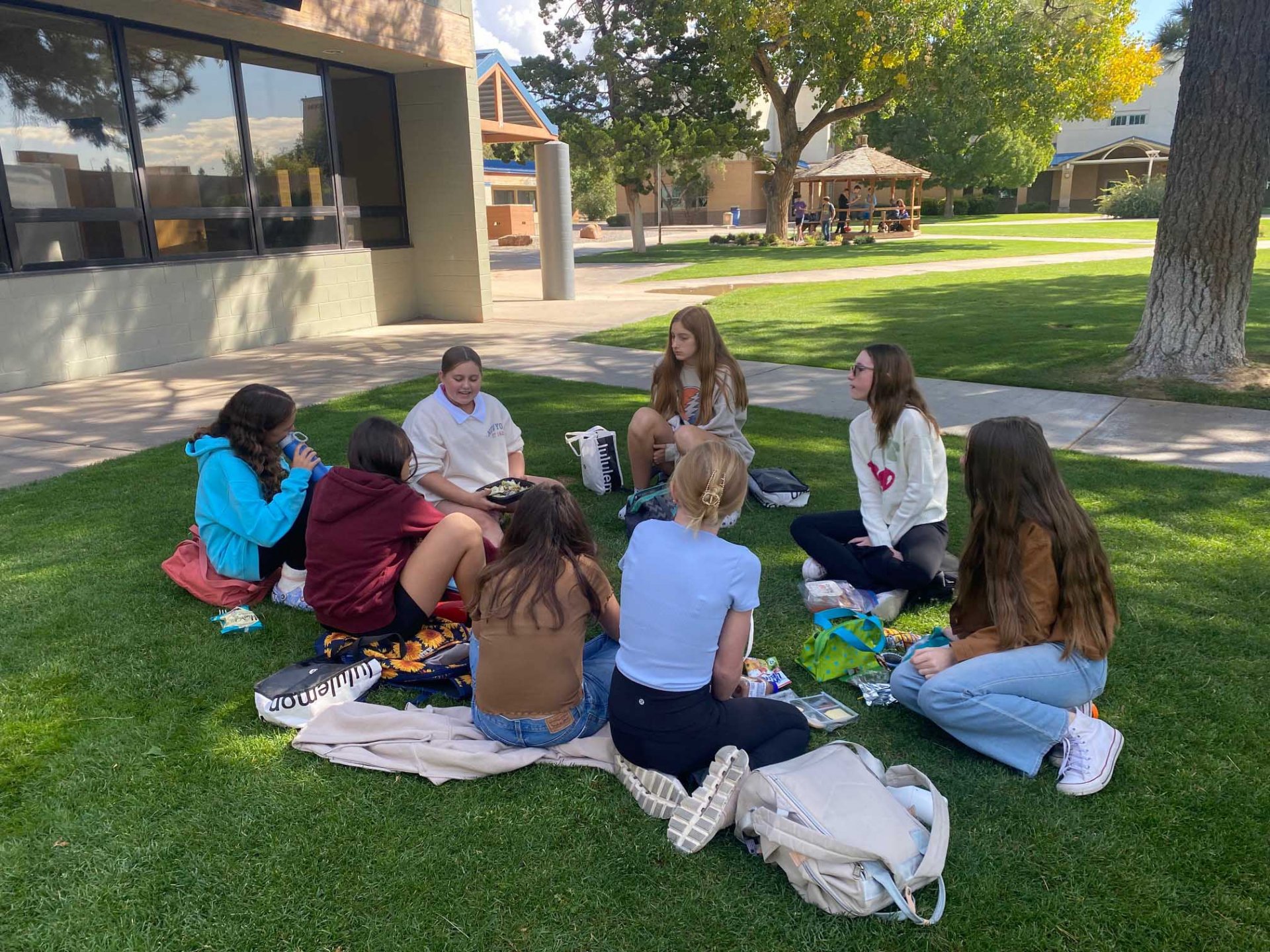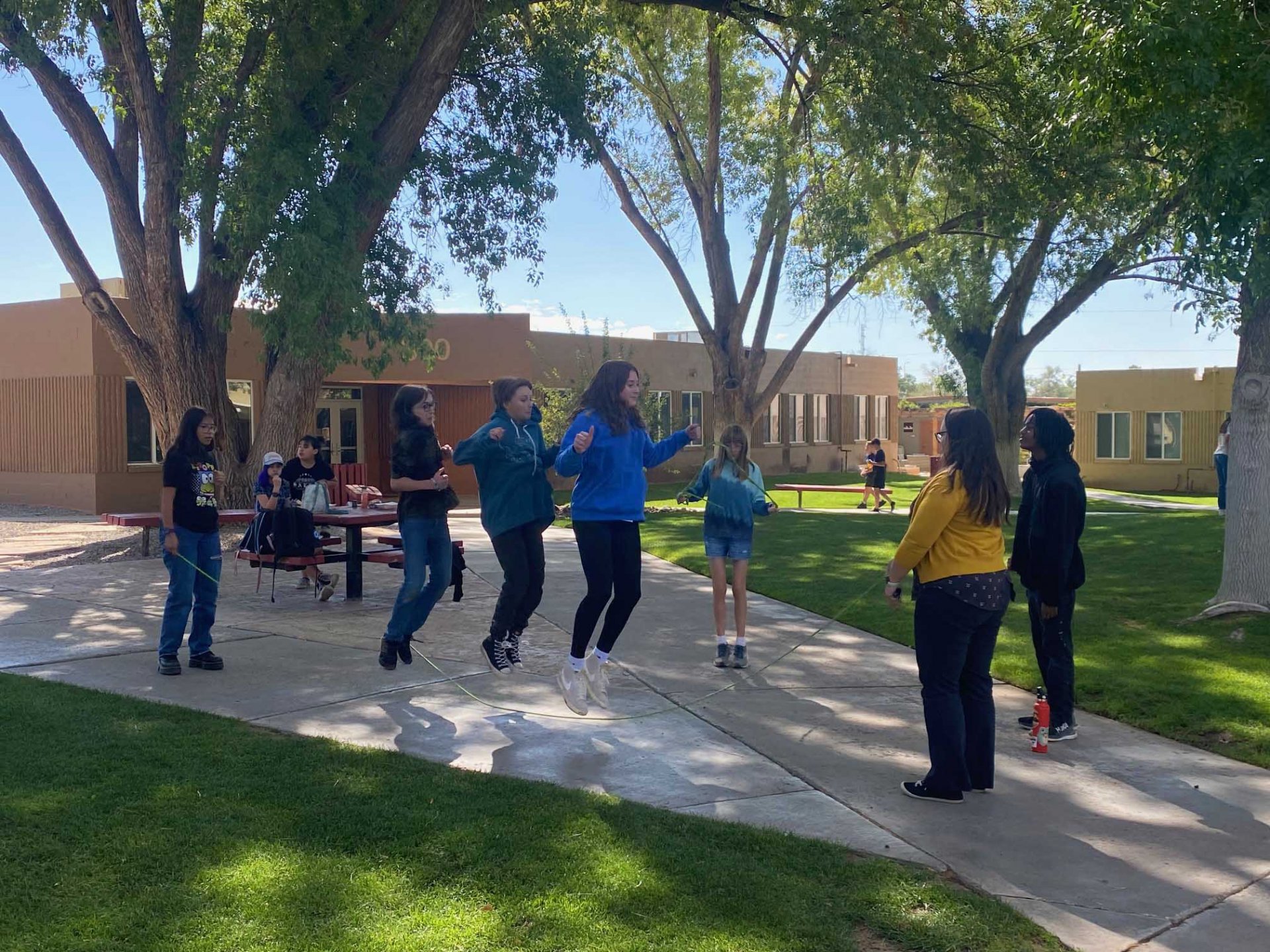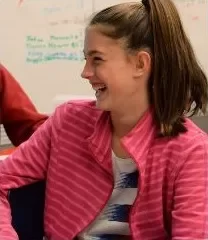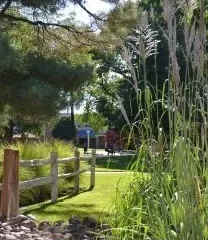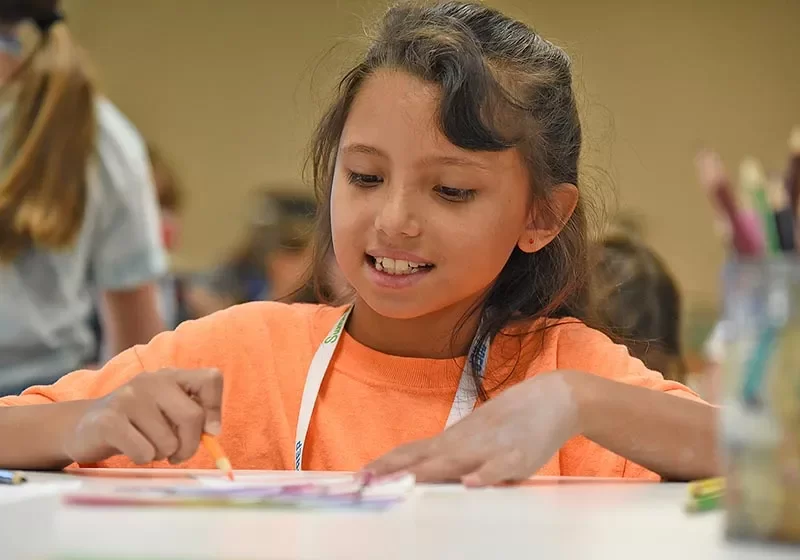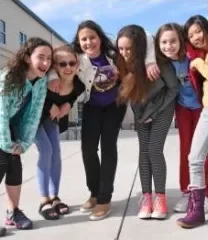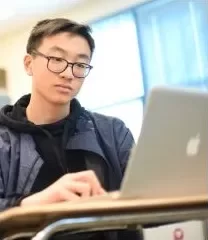The Value of Unstructured Play
October 12th, 2023
Hello Sandia Prep Community!
I’m so excited to be back from fall break and can’t believe that we are already into the month of October. Finally, the weather is cooling down a bit, and some autumn colors are starting to peek out in places. On a recent day that had been cooler than others, I was walking through the Quad and stopped to watch a few different impromptu games going on - one group of students was engaged in a game sometimes called 500, sometimes called Jackpot (there are probably other names as well) where one person throws a ball and calls out a number. Another group was playing a mini-baseball/kickball game, and another was passing a volleyball around. And another group was raucously engaged in a game of Gaga Ball (that wooden structure by the 200 Building is our Gaga Pit).
Cut to a meeting last week where I and other administrators met with an engineering class to talk about ideas for playgrounds or play areas on campus. In the meeting, we noted that while our school doesn’t begin until pre-adolescence, that doesn’t mean our kiddos don’t need to burn energy. The engineering students also interviewed other students to find out what they’d like to see (swings are popular!).
We’ll see what ideas the group comes up with (and what might be possible), but the point is, thinking about the importance of play for our kids (even our 18-year-old kids!) got me thinking about a lot of things, and what better place to think out loud than in this blog? And that made me think about the name of my blog and where it comes from. Allow me to explain.
Last year, I received a lovely email from a Prep grandparent early in my tenure. She had been reading the most recent Weekly Wrap-Up and emailed me to say that she appreciated my “over the garden wall” style of writing. I was intrigued by this description and dug into it a bit more. The name brings up (to me, anyway) images of two neighbors meeting at the spot where their properties are separated, elbows on the wall (the garden wall), chatting away. I loved this idea and do hope that my communications with all of you have this kind of feel - neighbors connecting and sharing what is going on in their lives. This image also throws me back into my childhood, when my mom might have been chatting with a neighbor in just this way during the evening hours while my brothers and I were roaming the neighborhood with our crew, drumming up a game of Kick the Can or Sardines. We knew it was time to come home for dinner when we heard my mother’s unmistakable “Woo-hoo!” ringing through the evening air.
I look back with mostly fondness at these memories, but I’m also grateful for them. It was times like these that I learned so much about social interaction, how to navigate discomfort, and how to persevere. I was pretty stressed out the first time I was “It” during a game of Kick the Can. I felt nervous that I might not find anyone and would spend the rest of the night alone. Or worse, I would look like an idiot to my older brother’s friends. But I stuck with it and learned so much about how to manage my emotions, how to ask for help, and how to negotiate social interactions without blowing things up.
I sometimes do an activity with educators where I ask them to name their favorite childhood game and discuss it. And most of the time, the majority of folks discuss similar memories to mine - neighborhood games that were unmonitored by adults. These were clearly important developmental times for us. Psychologists Jonathan Haidt and David Gray both argue that the increase in mental health issues among youth is directly linked to a sharp decrease in unstructured play. David Gray has an interesting Ted Talk that addresses this, and Jonathan Haidt has a new book coming out called The Anxious Generation.
Now back to the phrase “Over the Garden Wall.” When I first received the email from the grandparent, I recognized the phrase because of a show that my children like with that same title. I’ve recently learned that several Prep students also like the show, and in watching it myself, I understand why. The underlying message of the show, which tells the adventures of two brothers who find themselves in a strange forest and have to rely on their wits, ingenuity, and bravery to make their way through, is that of developing important skills and discovering who one is through unexpected and unstructured experiences.
How does this all relate to education and what we can do to best ensure our students are developing into happy, competent human beings with agency? It’s an interesting conundrum - how can we create unstructured situations within our structure? It seems like an oxymoron, but there are, in fact, ways to do this. Any of our Outdoor Leadership Program (OLP) trips, for instance, contain this element - safety is the top priority, of course, and there is a great deal of structure in place to make sure we are being safe. And, anytime you venture into the natural world, you are dealing with some unknowns. The OLP activity helps our students know what to do when faced with decisions about where to hike, where to set up a tent, and what clothing to bring.
Back at school, students have free time during lunch, in which several of these pickup games happen (as mentioned earlier). Adults are around and able to help support as needed, but ideally, students are interacting independently and learning how to manage their time and interactions.
Even in our more structured times, our teachers find ways to encourage students to develop independent thinking and collaboration. They provide some content and teach students how to research topics, and then they let them go to explore and discuss on their own. The more our students feel they have a voice in how they are learning and what they come up with, the more effective the learning is. And so, we arrive back at the engineering class, whose students are using a design thinking process to develop ideas for outdoor play areas. By interviewing various stakeholders, they will discover what makes the most sense and what is possible. It’s exciting to see where this might go, and I’m happy to help facilitate more opportunities for unstructured play.






